In the northern states, they are wrapping up their vegetable gardening season, and in the south we are just getting started! This month the tomatoes, peppers, eggplants, and squash are ripening. We are harvesting mid-season crops like mustard greens, bok choy, komatsuna greens, lettuce mixes, and a plethora of herbs.
Chickens and ducks are resting their bodies in order to restore nutrient levels after a busy laying season and fall feather molting. Fallen leaves and plants are starting to decompose a bit and returning important nutrients to the soil. Fungal networks are expanding underground to strengthen the soil web. So even though the fruit trees and berry bushes are slowing down for the season, we are doing an abundance of vegetable gardening right now! So, in between holiday functions, be sure to get organized with your monthly gardening list. (Click here if you are in a colder climate for your tailored list)
Here are some our hit list items on the December Gardening To-Do List.
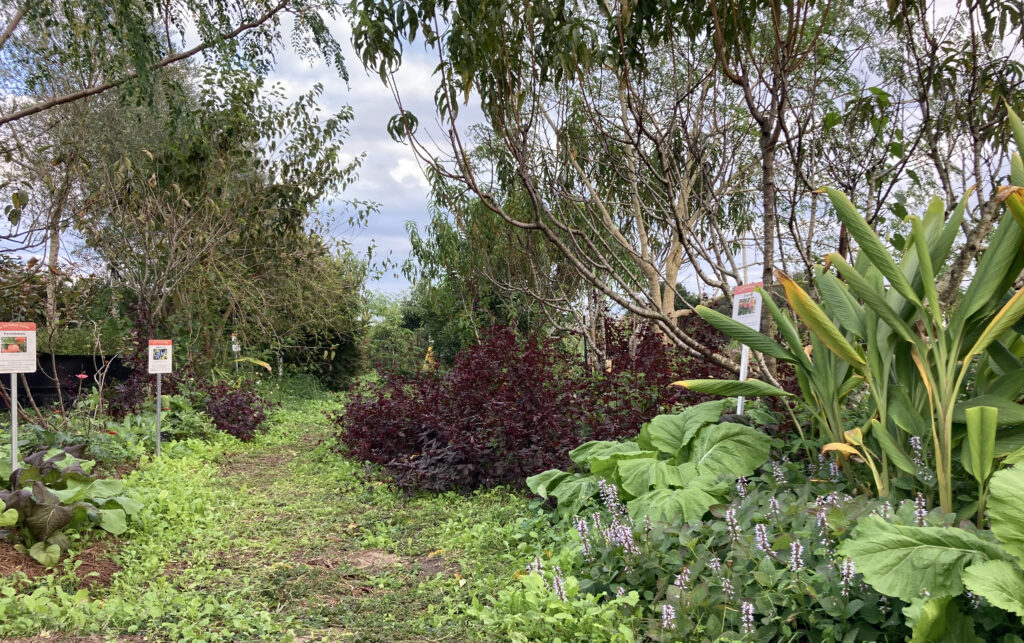
In the Garden & Greenhouse
- Remove “shade cloth” from greenhouses and put up the greenhouse plastic to protect seedlings from the occasional cold snap.
- Plant: Onions, greens, kale, broccoli, cabbage, collard greens, beets, radishes, turnips, and snow peas.
- Harvest sweet potatoes planted in the spring, and finish harvesting tropical spinach.
- Bring in cuttings from tropical spinaches (longevity, Okinawa, Surinam, Bele, South Sea Salad) so you have “insurance” if they freeze off during the winter. Also save slips (cuttings) from your most successful sweet potato vines and and start rooting them in water indoor.
- Watch tomatoes and squash for any signs of powdery mildew. If you see anything, give them a quick spray with Basic H and organic Neem Oil and you’ll be all set.
- Turn the compost pile every week to keep things decomposing over the winter. Add an occasional bucket of water to keep moisture levels up, especially if there are a lot of leaves in the pile.
- Apply winter soil probiotic and microbial spray (We use a product called BioAg, which is produced in Kansas City, MO).
- Test soil samples and begin making amendment plans for springtime. Bring them into your counties local extension office for testing. Be sure to minimally test NPK and organic matter.
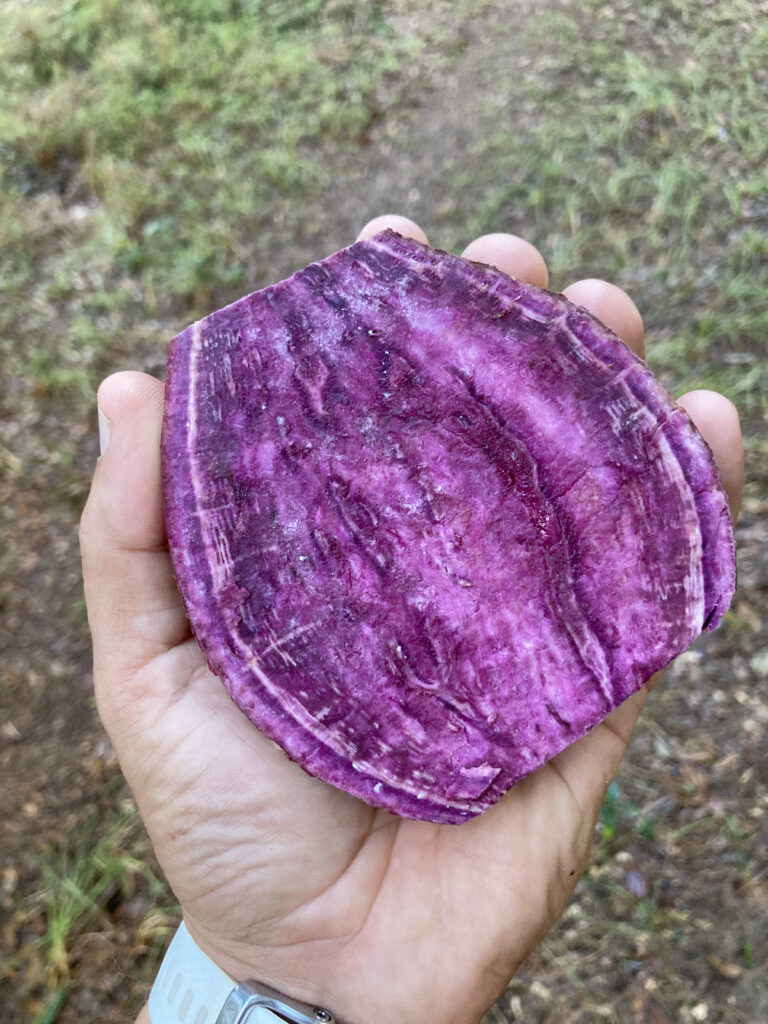
In the Food Forest
- Plant: Peaches, plums, pears, nectarines, mulberries, blueberries, elderberries, figs, persimmons, and other cold hardy trees.
- Prune existing peaches, plums, pears, nectarines, mulberries, etc. Remove branches that are preventing light from getting to other branches. Open and airy scaffold structure is best to promote fruiting.
- Harvest: Enjoy the last hurrahs from your tropical spinach trees. Save seeds and cuttings.
- Make sure that every fruit tree and berry bush has 6-8″ of wood chips around the base (from the truck area to the edge of the drip-line). Keep wood chips a few inches from the trunk (to prevent rot), and never allow the soil to be bare or covered in grass.
- Do NOT fertilize (fruit trees) again until the end of February or early March.
- Order organic orchard supplies for the coming season – be sure to look for holiday sales! Include seaweed extract, BioAg, neem oil, Basic H (for all foliar applications), and fish emulsion.
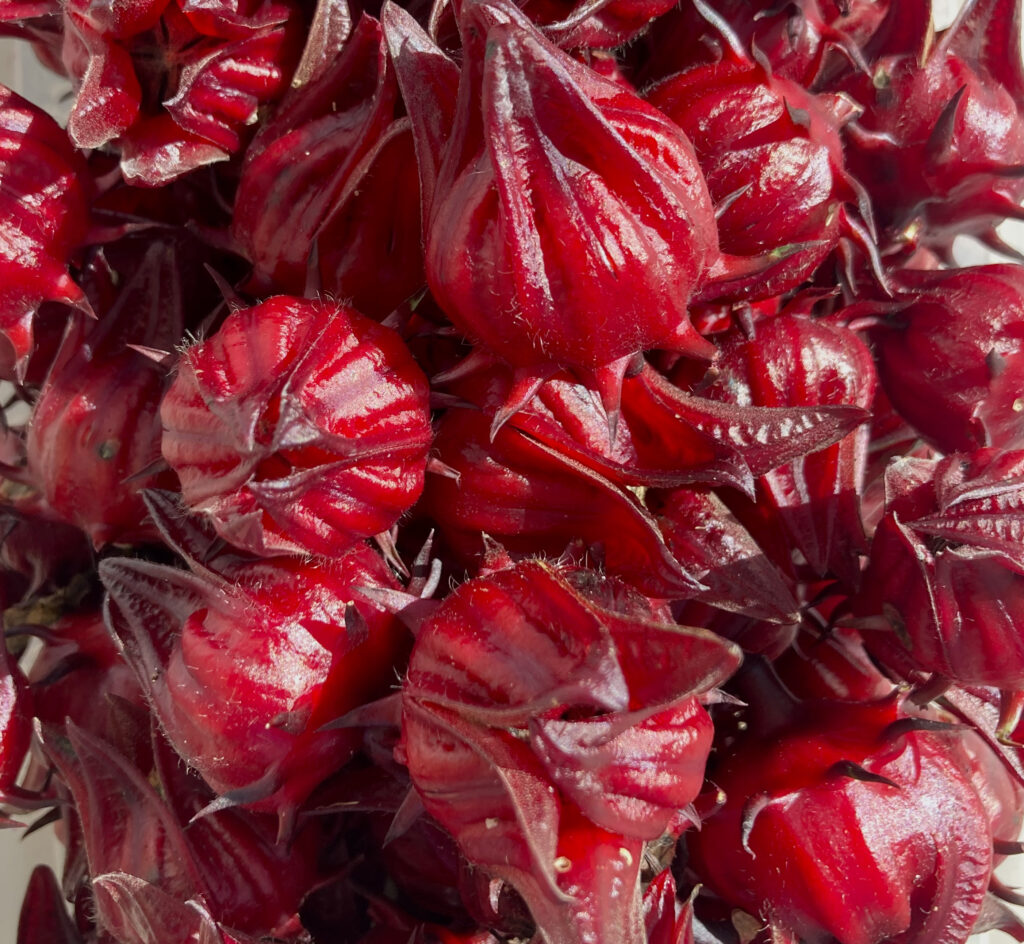
In the Shed
- Check mouse traps frequently. Add cotton balls with peppermint oil to deter rodents.
- Finish oiling up any tools that got missed.
- Look for online sales for any equipment that need to be replaced.
In the Chicken Coop
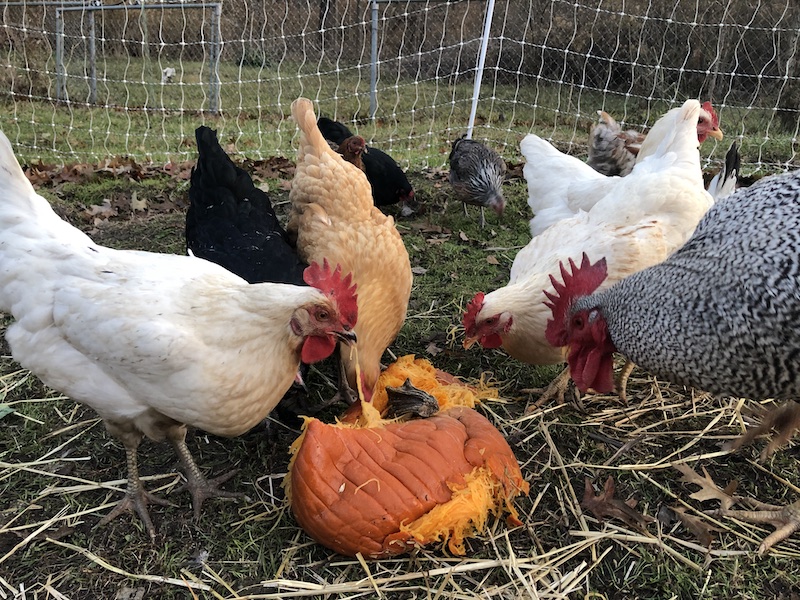
- Feed extra protein (meal worms, black oiled sunflower seeds, bugs, etc.) to help them during their recovery season.
- Do NOT use supplemental lighting to increase egg production. Chickens need this off season to let their bodies rest. Let them have a natural rhythm of rest too.
- Add a small amount of corn or millet to their diet to help with caloric intake in the winter months. This helps keep them warm naturally. NEVER use heat lamps in a coop or run.
- Purchase suet blocks (>5% protein) as you see them on sale. The fat content helps birds stay warm for the winter. (click here for more tips on keeping birds warm)
- Rotate straw and bedding in the coop to keep things clean and sanitary.
- Add garden and flower bed cuttings to their run for them to “go through” and eat bugs and seeds before composting them.
- Feed spent pumpkin and squash (from fall decor) to chickens. It helps boost their immune systems and can be a preventative for worms. NOTE: Pumpkin seeds are NOT a proven treatment for worms, but a great as part of your preventative maintenance regime. You may need to break them open for the birds to get at the inner meat of the pumpkins.
- Give healthy protein / omega 3 treats: One cheep way to do this is to go to a local pet store and get feeder fish (cheep minnows). Put them into a shallow tray (with a bit of water) and watch the birds catch them! You can also purchase live crickets from pet stores and feel them fresh veggies for a day or two. Feed several per day to your birds for a healthy winter treat.
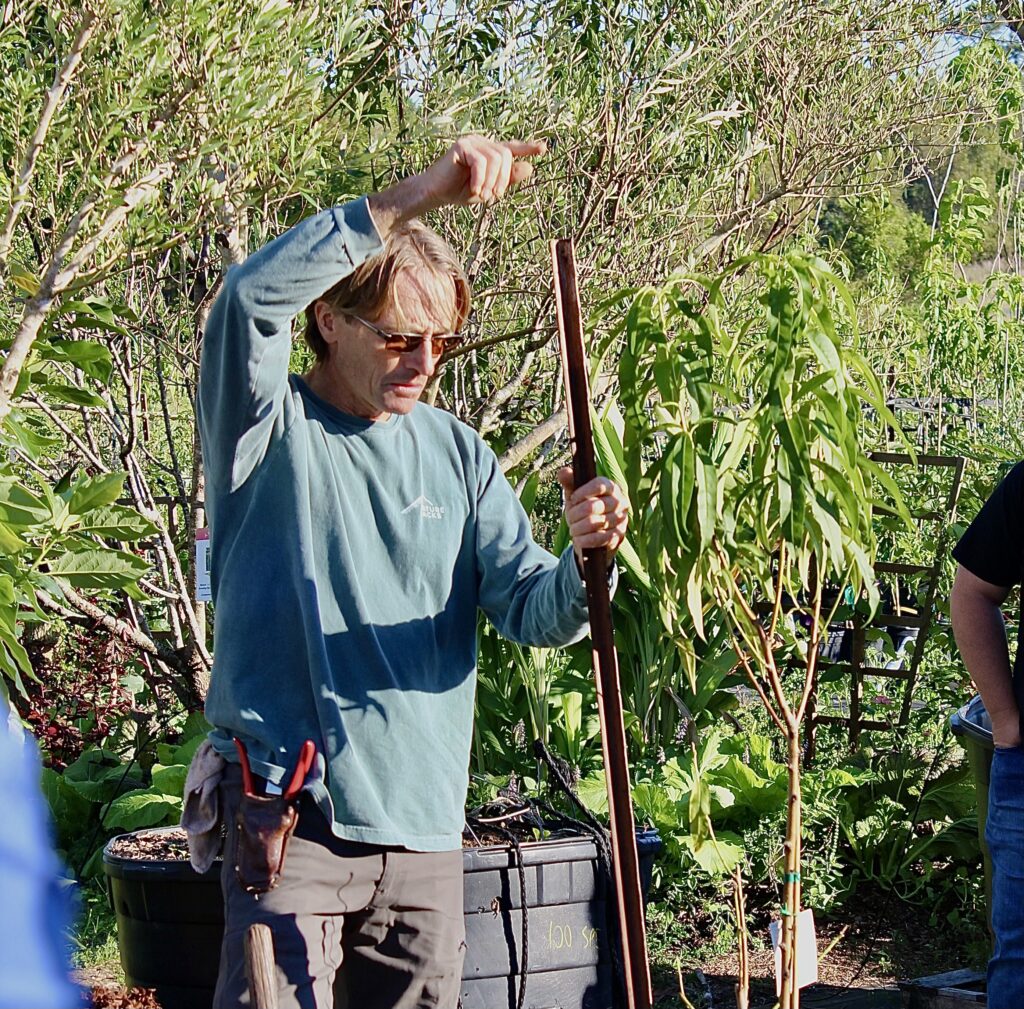
Around the House & Perennial Beds
- Harvest pine cuttings for natural winter decor, garlands, and wreaths
- Apply BioAg probiotic spray the day before a rain (to the soil) in order to inoculate the soil with healthy microbes. This will help prevent a lot of common diseases and pests.
- Water house plants carefully.
- Only water them when you can put your finger in the soil and it feels dry up to your first knuckle (about 1″ deep). If the soil feels or looks damp – do NOT water.
- Water in the sink until water runs out of the bottom, so you know the full root ball is saturated. Let it drain for a few minutes before returning to a sunny spot near a window.
- Rotate plants every view days for even light distribution.
In the Pasture
- Plant Rough Pea (Lathyrus hirsutus), which is a high quality protein (especially for beef cows), helps maintain a healthy gut microflora. High quality digestible fiber.
- Plant bamboo, Napier (elephant) grass, or mulberry on pasture edges for animal fodder and forage. Watch our two part teaching on this, filmed by Ad Astra Gardens on their YouTube!
Winter Ideas for Kids
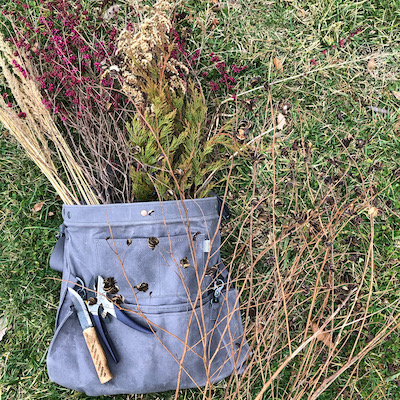
- Take nature walks on nice days.
- Have kids look for interesting textures and shapes
- Look for buck rubs or signs of animals
- Put out bird feeders and make fun food treats for wildlife. Consider a natural Christmas tree outside for the birds with all edible ornaments and garland.
- Visit a nature center or arboretum in your area and let the kids pick out a new house plant to take care of.
- Attend a local gardening, mushroom, or permaculture event in your area.
- Visit a local farm. Many offer family friendly activities.
- Have kids help you pick out seeds for next year in the seed catalogues. Consider giving them their own section of the garden to plant in the spring. Involve them in the entire process of planning as well as planting and maintenance. It’s amazing the veggies kids will eat when they picked it out, planted it, and grew it themselves.
Time to Plan
During these winter months while the fruit trees are mainly dormant, it’s the perfect time to plan for the spring. December through early February are the BEST months to come up with a design for your property so you can hit the ground running in March. If you are interested in a personalized permaculture consultation for your property, we do both in-person visits to your site AND virtual visits (for those out of our area). CLICK HERE to learn more.
And yes, we offer a variety of packages that fit a range of property sizes, project scopes, and budgets!
Many blessings to each of you this holiday season, and as always…
I’ll see you in the Garden!

Looking for On-Going Permaculture Mentorship?
As a subscriber to our Patreon, you will have access to our ever-growing library of permaculture videos, classes, and PDF resources. This is a perfect opportunity to learn and grow at your own pace, while also having access to a knowledgable community of permaculture homesteaders.
Patreon subscribers are also able to interact daily / weekly with Kris and his team, to receive mentorship and immediate consultation tidbits. This membership is like having a permanent virtual homestead or farm consultant on speed-dial. Consider joining us on Patreon or evening giving a subscription as a gift! CLICK HERE TO GIFT A SUBSCRIPTION.
Pro-tips: To avoid App store fees, you can initially subscribe on the desktop version to save some extra money! There are also FREE 7-day trial options available for some membership tiers.


One Reply to “December Garden To-Do List for Zones 9-11”
Comments are closed.